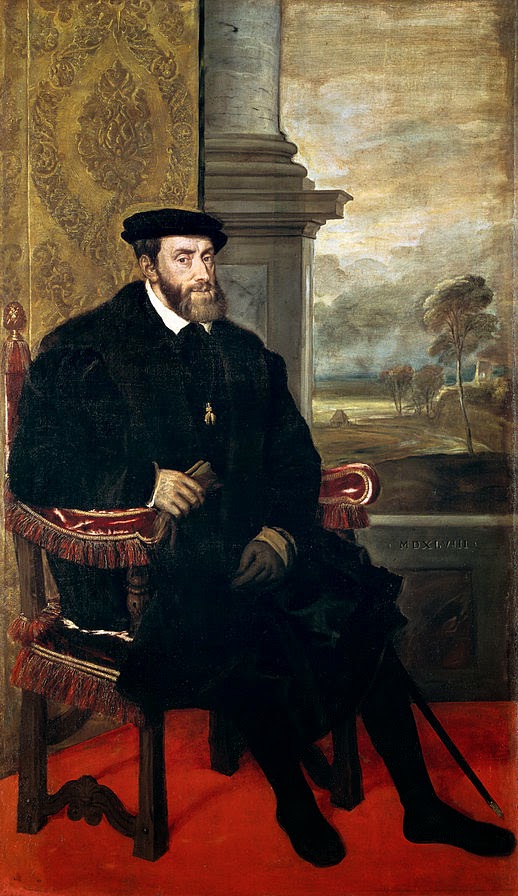Featuring
Henry Edward Watts
Previously on Cervantes' "Don Quixote" Reforms Literature. And now Henry Edward Watts
Time: 1605
Place: Spain
The reception which
Don Quixote met with on its first appearance was cordial beyond all precedent, and such as must have convinced the author, who was evidently doubtful of his new experiment, that here at last his genius had found its true field of exercise. The persons of culture, indeed, received the book coldly. The half-learned sneered at the title as absurd and at the style as vulgar. Who was this
ingenio lego--this lay, unlearned wit--"a poor Latin-less author," which is what they said of Shakespeare--outside of the
cultos proper, of no university education--who had dared to parody the tastes of the higher circles? The envy and malice of all his rivals--especially of those who found themselves included in the satire--even the great Lope himself, the phoenix of his age, then at the height of his glory--spoke out, with open mouth, against the author. The chorus of dispraise was swelled by all those, persons chiefly of high station, whose fashion of reading had been ridiculed. A book, professing to be of entertainment, in which knights and knightly exercises were made a jest of--in which peasants, innkeepers, muleteers, and other vulgar people spoke their own language and behaved after their own fashion--was a daring innovation, all the more offensive because the laugh was directed at what was felt to be a national infirmity. Who was the bold man who, being neither courtier nor ecclesiastic, made sport for the world out of the weaknesses of
caballeros? An old soldier of Lepanto, indeed! Lepanto was a name outworn. Spain was now in a new world. Crusades against the unbeliever, even those more popular ones which combined the saving of souls with the getting of gold, were long out of fashion. Lastly, the entire ecclesiastical body--the formidable phalanx of the endowed, with their patrons dependents, and dupes--though they were too dull to perceive and too dense to feel the shafts aimed at obscurantism and superstition, had something more than a suspicion that this book called
Don Quixote was a book to be discouraged.







 "Never tell people how to do things. Tell them what to do, and they will surprise you with their ingenuity."
"Never tell people how to do things. Tell them what to do, and they will surprise you with their ingenuity." 

